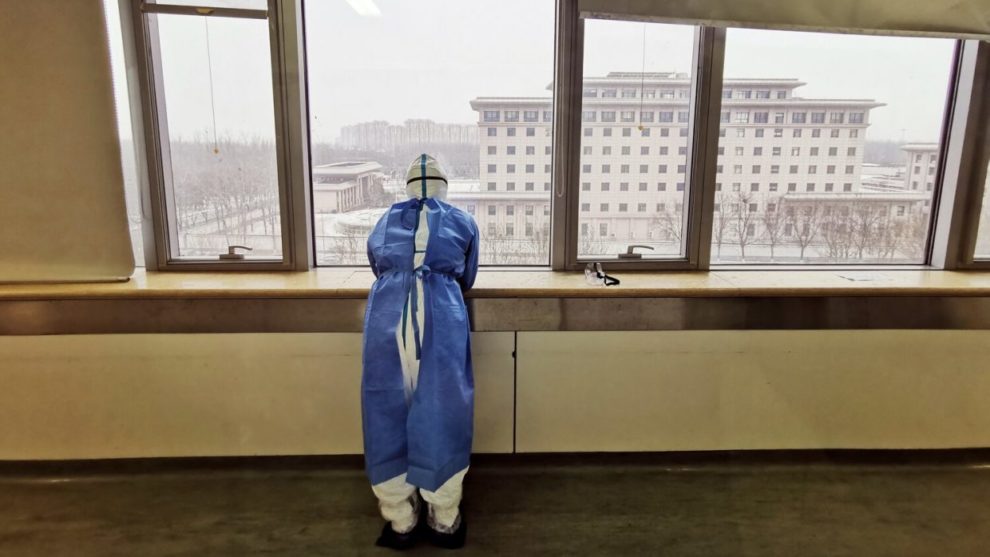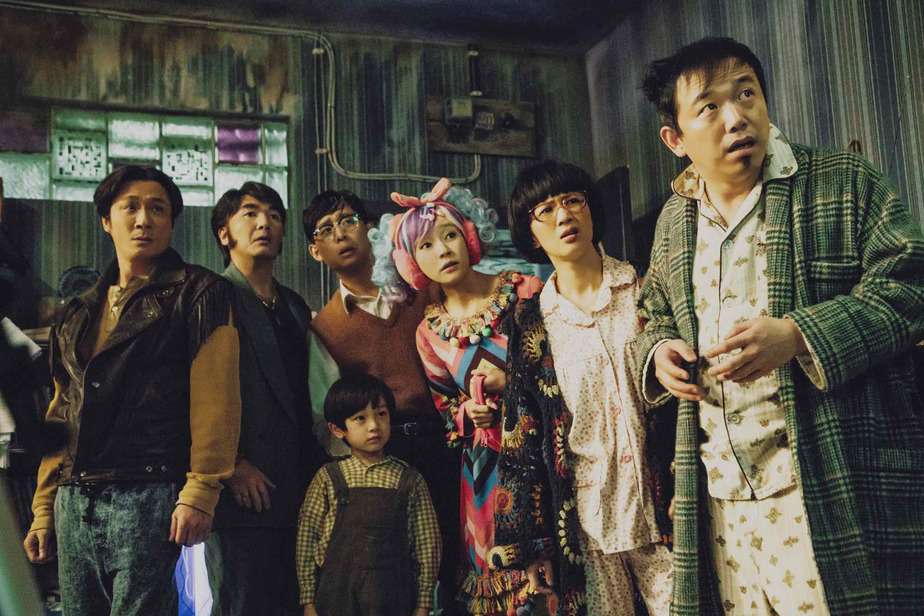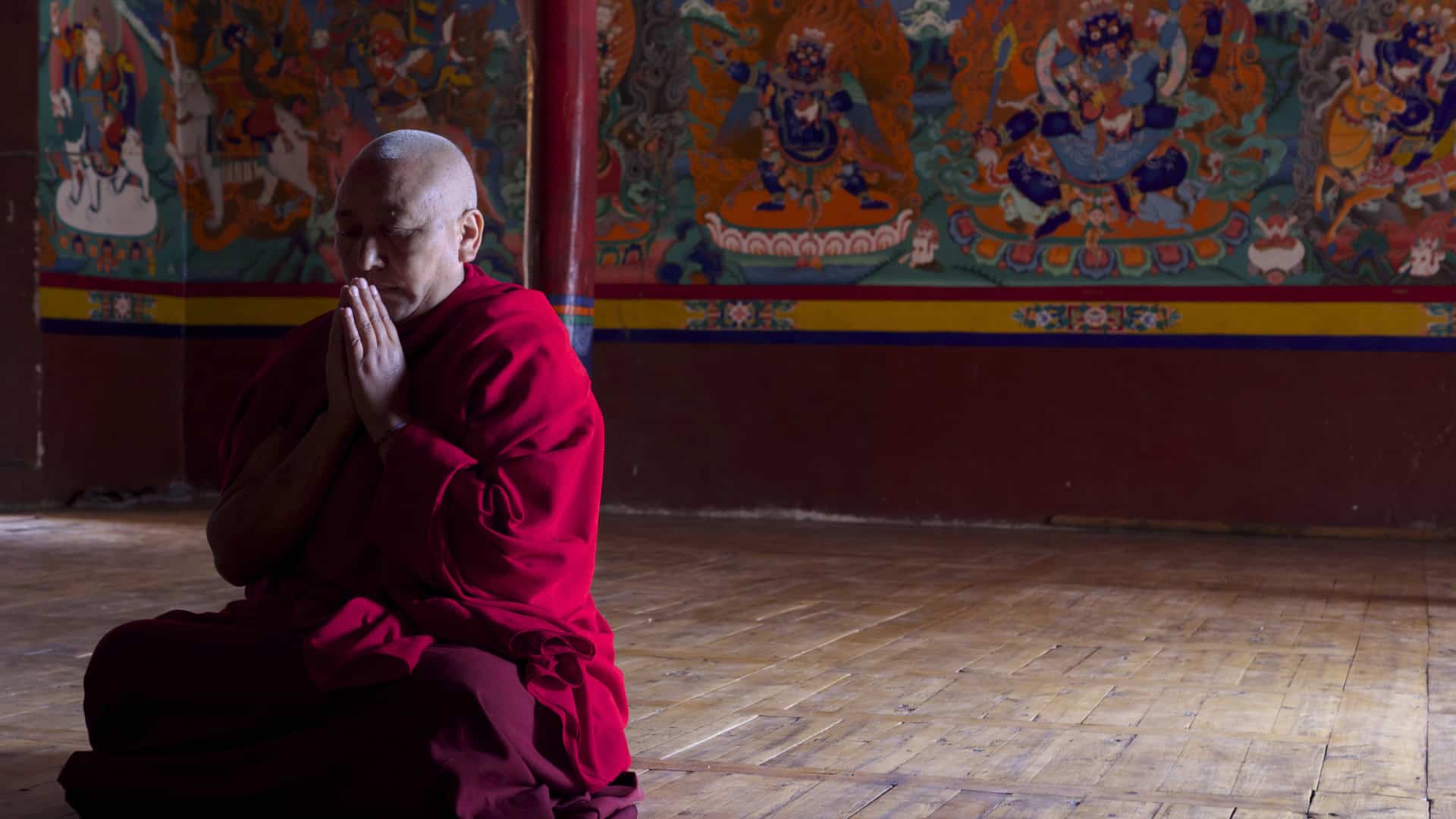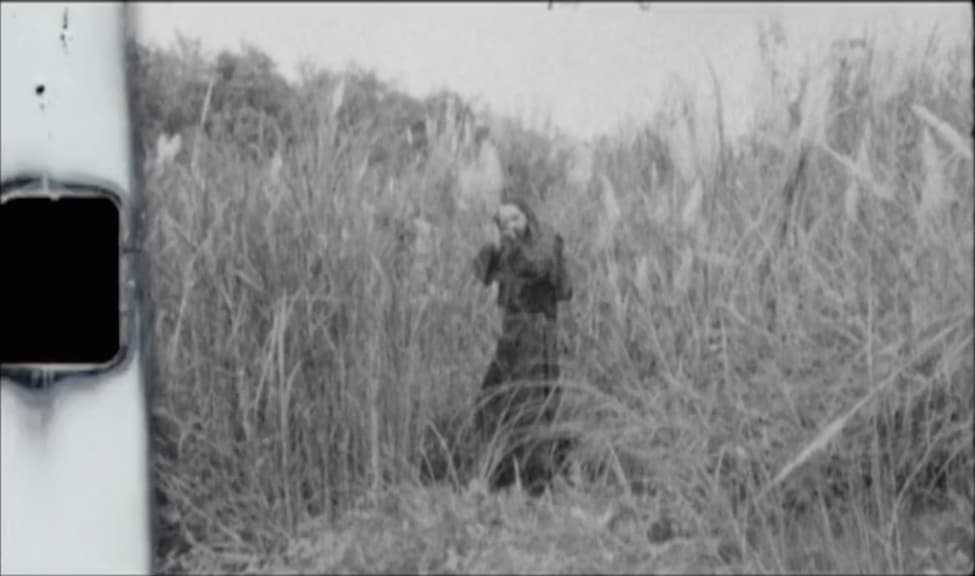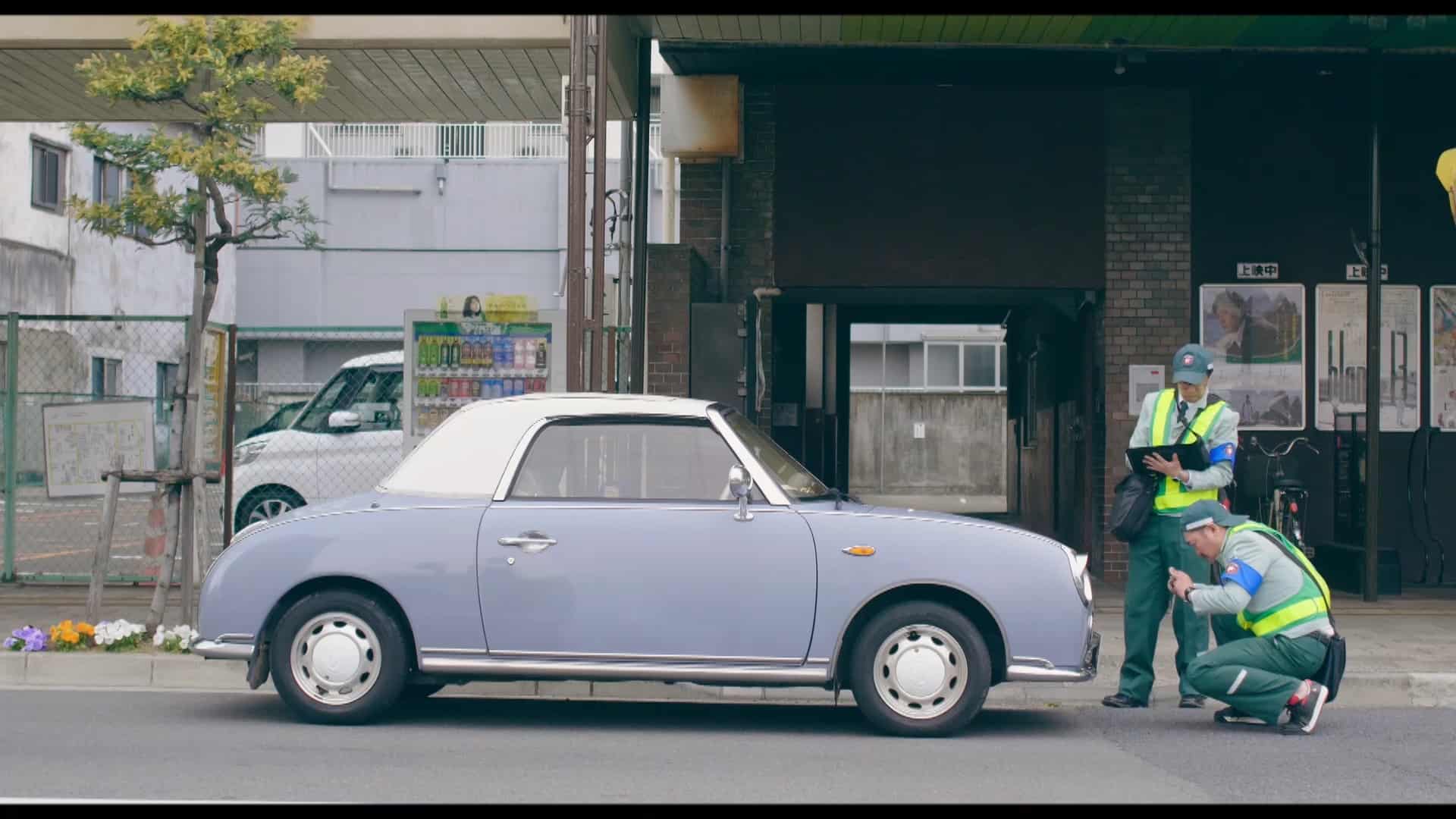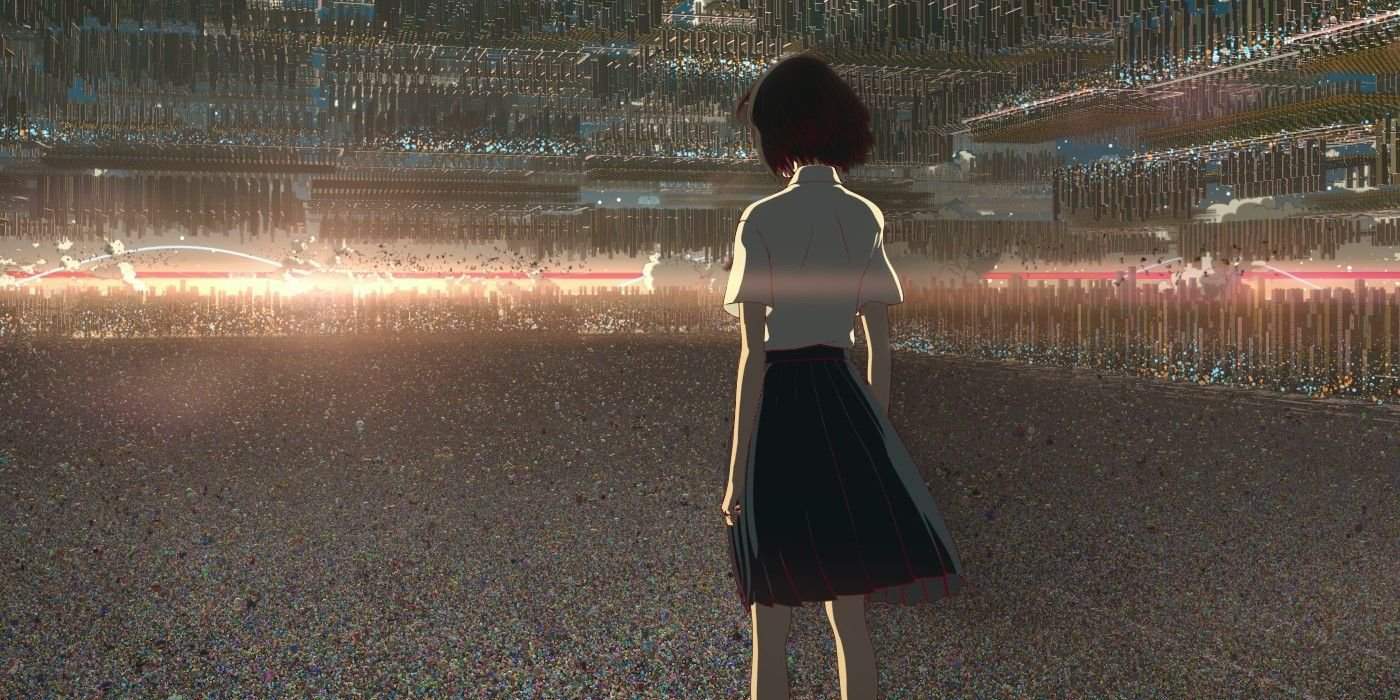Since the first COVID-19 outbreak in Wuhan, the impulse was clear: someone had to record it all. Multiple people, it turns out, wanted to helm that “someone.” Trio Hao Wu, Weixi Chen, and Anonymous took TIFF by storm last year with “76 Days,” unleashing raw footage from Wuhan to the world. Nanfu Wang, on the other hand, took a more introspective approach with her Sundance-premiering documentary “In the Same Breath.” In her essay film, she meditates upon the conflicting identity politics of a Chinese-American in these polarized times. Now, seasoned Chinese Canadian director Yung Chang enters the conversation with “Wuhan Wuhan.” Like his peers, he too returns to footage directly imported from Wuhan. Unlike the others, however, the virus is not the be-all end-all; instead, he chooses the high road, pondering upon life beyond the pandemic.
“Wuhan Wuhan” is screening at the Thessaloniki Documentary Film Festival
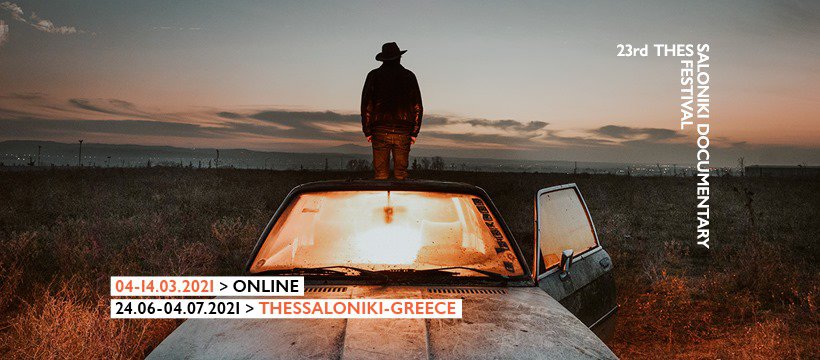
“Wuhan Wuhan” rotates between a cast of five: a factory worker-turned-volunteer cabby; a mother and son forcibly contained; a cheerful psychologist in a temporary COVID-19 ward; an ICU nurse-doctor duo working with those at death's door. While each character dances around the frontlines, Yung Chang does his best to avoid making that their entire persona. When volunteer cabby Yin is not driving around medical workers, he tends to his pregnant wife Xu at home. Mother-son pair Xiuli and Lailai negotiate melons and games in their mild case ward. Nurse Susu sheds a tear when she cuts her hair; psychologist Zhang cheerfully conducts tai chi classes. Amidst the chaos, beloved ER Chief Guiqing Zheng juggles homesickness with his hospital duties. Each character bears a great burden, but their resilience shines through.

Chang admits in a recent interview with us that nominating the five characters was a conscientious choice. Before, he notes, the film crew on-location had recorded the lives of nine. Yung Chang then combed through 300 hours of footage, whittling down the production to its present 90 minutes. He attributes the speed of which he edited his movie to his sheer distance from the production (he had directed it all remotely from his Toronto home!), but perhaps he is a little too distant. The film's casual sashay in and out of each individual's life baits the viewer. In classic documentary fashion, he reels in the viewer each time — and switches gears whence the viewer is truly invested. While the variety of personalities provides a deeper — and yes, richer — sense of struggle, some stories are simply more compelling than others.
Undoubtedly, “Wuhan Wuhan” reaches its apogee with the birth of Yin's child. If anything, the movie is worth watching for this moment alone. In a climate of death and desperation, the very miracle of childbirth feels more poignant than ever. This crew's sheer access further accentuates the marvel of life. They get remarkably close to their subjects, capturing Xu in medium shots and close-ups by her bedside. Xu's infallible trust is dually remarkable. Even in the midst of delivery, she does not shy from the camera.
In this vein, the camera crew's fieldwork feels refreshing compared to their peers. Deviating from the claustrophobic camerawork characteristic to quarantine cinema, the crew embraces the city of Wuhan under open skies. Each outdoor outing allows the viewer to exhale; each drone shot proffers a rare feeling of levity. A plethora of long shots shy away from closed hospital doors, and instead take a step back. This allows the makeshift wards — often separated by temporary dividers and blankets — to extend the picture's sense of space. Those apprehensive about watching yet another pandemic film thus need not worry. The film is easier on the eyes than one might expect. Instead of triggering trauma, “Wuhan Wuhan” seeks to heal.
Although the documentary exclusively consists of footage from the crisis, it reads as a strikingly humane feature. Unlike the shock-trauma of “76 Days,” “Wuhan Wuhan” adopts a more mellow approach. The constant strain of COVID-19 is ever-present, but never dominant; humans, not the virus, are the central to the story. As a result, the film feels more akin to Nanfu Wang's work. They plead for compassion rather than awards; they beg the Western viewer to look at China beyond the numbers. This framework thus allows Yung Chang's documentary to truly be an apt picture for the times. In light of the blatant anti-Asian violence across the Western hemisphere, “Wuhan Wuhan” achieves what it was going for: to give face to the virus' epicenter.


